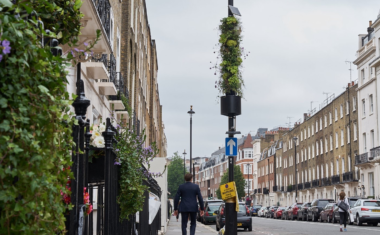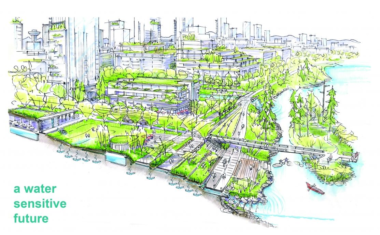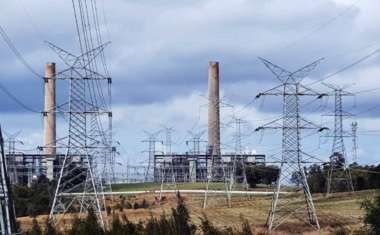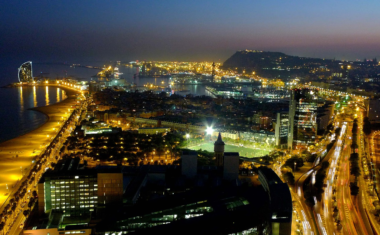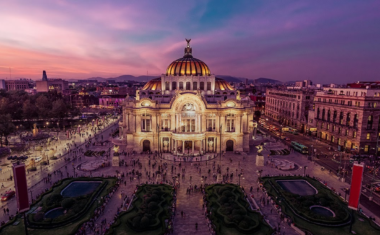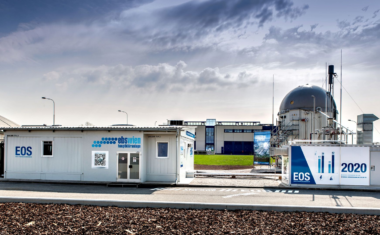SolarSea
- 780
- 4 min to read
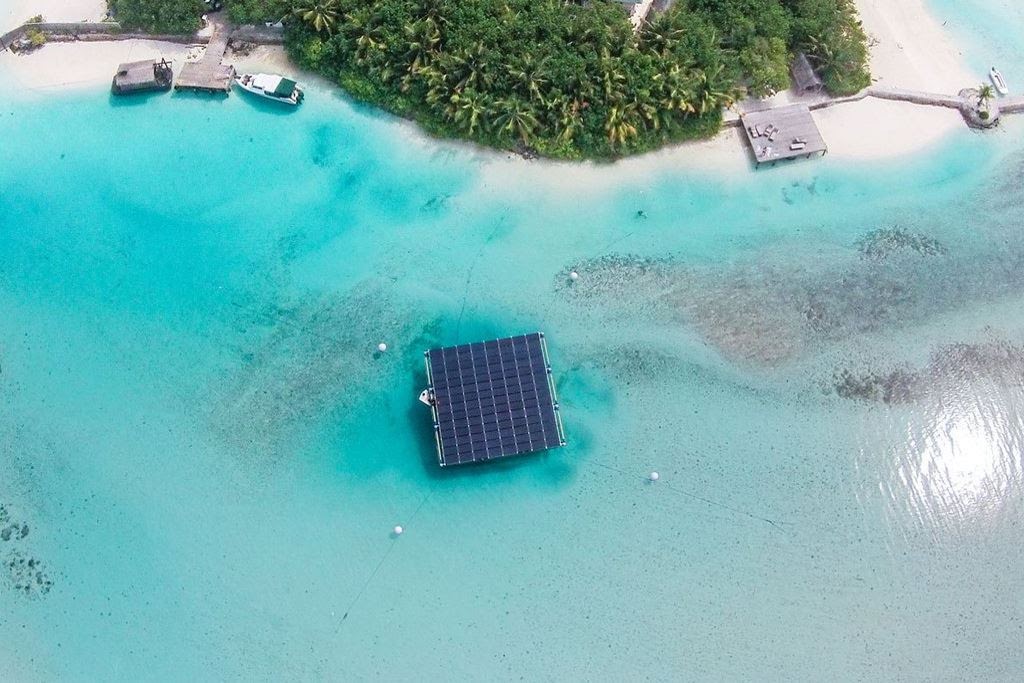
About the city. Many power-hungry resorts in the Maldives rely on diesel, a notorious pollutant, for their energy needs.
Goal
The aim of floating solar panels are saving money and reducing the carbon footprint.
Implementation period. Swimsol launched the world’s first floating solar solution for the sea in 2014 (as the pilot project). At the resort Lux* South Ari Atoll project launched in 2019.
Fact
- A typical Maldivian hotel island for instance consumes 2,000,000 litres of diesel annually.
- Maldives spends 25% of their GDP on fuel imports.
Solutions
By using the free space on the water, the technology makes large solar systems possible even for islands that do not have enough roofs or land for solar panels. Their floating systems are currently operating in the Maldives and demonstrate great potential for other marine regions.
One SolarSea platform annually prevents burning 12 000 l of diesel for generators and can supply 25 households with clean and up to 50% cheaper energy. In the long run, Swimsol can make clean energy possible for over 360 million people living in remote tropical islands and crowded coastal cities.
Challenges
There were many questions from the media If the floating solar panels impact marine life?
Swimsol said they keep systems away from coral reefs, which need sunlight. Fortunately, there are swaths of water with sandy seabeds where they can install solar.
Team
Swimsol (a solar power company based in Austria)
Timeline
The property’s (resort Lux* South Ari Atoll) solar capacity increased by 40 per cent and reached 678 kWp — enough to power all of the resort’s guest villas at peak times. Lux* South Ari Atoll is saving more than 260,000 litres of diesel annually, an amount that was once needed to produce the same amount of power via combustion engines.
If you notice an error or inaccuracy in our editorials, please email [email protected] so we can look into it.

